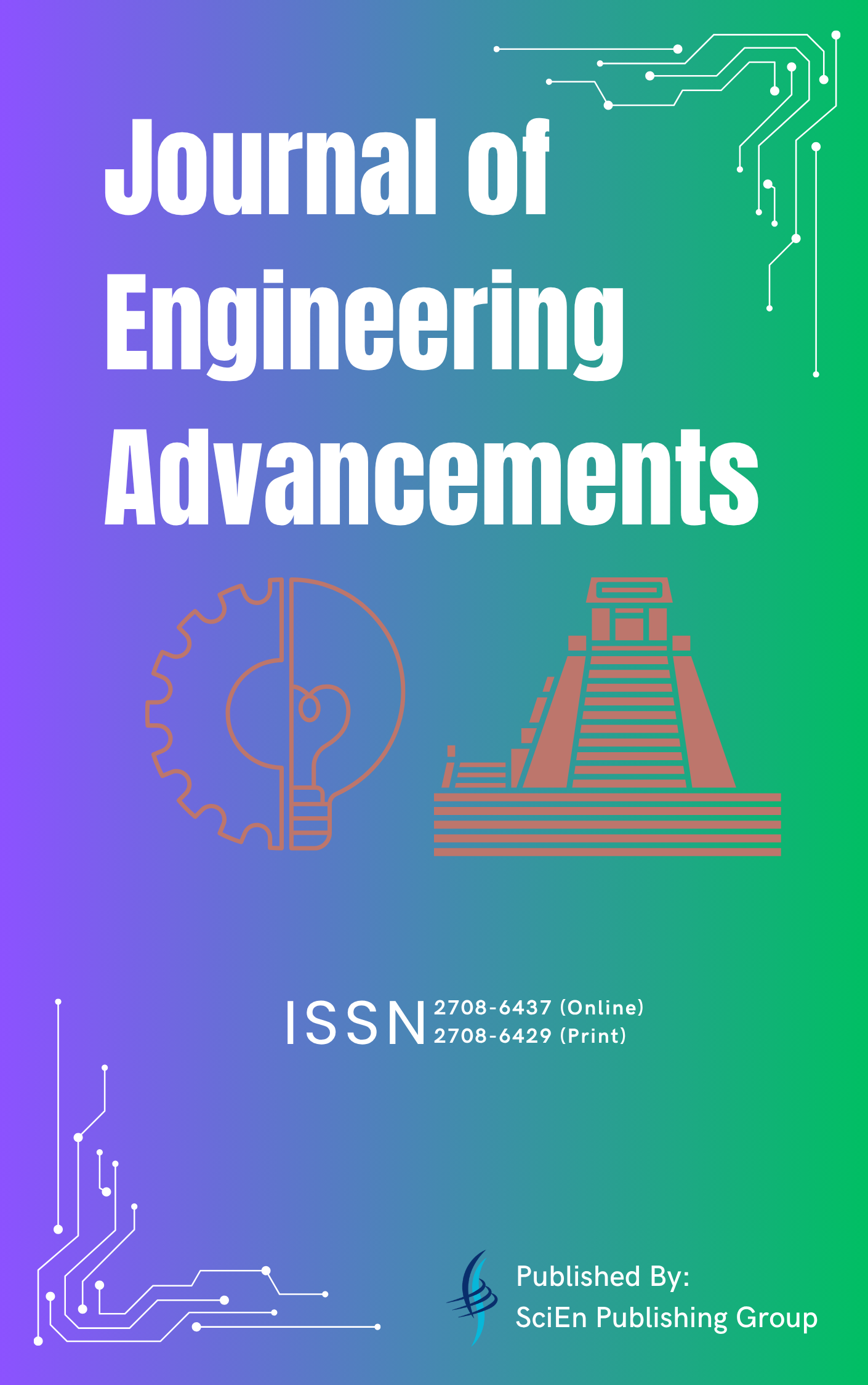Experimental Performance Investigation of a Plate Heat Exchanger as a Condenser for Ground Coupled Air Conditioning System
DOI:
https://doi.org/10.38032/scse.2025.3.108Keywords:
Plate Heat Exchanger, Ground Water, Water-Cooled Condenser, Ground-Coupled ACAbstract
The condenser, a major part of an air conditioning system, significantly affects the coefficient of performance (COP) of an air conditioning system. Generally available condensers are- air-cooled, evaporative-cooled and water-cooled condensers. The air-cooled condenser is the most commonly used type in split and packaged systems. It especially has the disadvantages of considerable size and noise issues as a fan is required to provide the necessary air flow rate. An evaporative condenser is also problematic in the case of providing an evaporative medium. A better option than these two types is a water-cooled condenser in case of compact design and higher heat transfer coefficients. A plate heat exchanger (PHEX) is used in this study to condense the refrigerant of an air conditioning system, considering ground water as the cooling medium. In this ground-coupled proposed system, groundwater was circulated inside the PHEX to cool the refrigerant, and the initial lowest water temperature was about 23oC. Three flow rates of water were maintained at the inlet of PHEX, which were 0.07 kg/s, 0.12 kg/s, and 0.15 kg/s, respectively. The highest COP was found at 0.15 kg/s mass flow rate of water. The average COP of the air-conditioning system improved from 1.99 to 2.78 when a ground-coupled plate heat exchanger replaced the air-cooled condenser. The effect of water temperature was investigated, and it was revealed that the COP was highest at low water temperatures of about 24oC. The highest average heat rejection at PHEX was 4.39 kW for 0.15 kg/s mass flow rate of water. Therefore, considering the overall analysis, the plate heat exchanger as a water-cooled condenser demonstrated superior performance in the air-conditioning system.
Downloads
Downloads
Downloads
References
[1] Arora, C. P., Refrigeration and Air Conditioning, 3rd ed, Tata McGraw-HIL.
[2] Hu, S. S., Huang, B. J., Study of a high efficiency residential split water-cooled air conditioner, Appl. Therm. Eng., vol. 25, no. 11–12, pp. 1599–1613, 2005, doi: 10.1016/j.applthermaleng.2004.11.011.
[3] Mahato, N. K., Comparison of performance of vcrs with different modes of condenser cooling with different refrigerant, pp. 439–444.
[4] Altuntas, O., Sogut, M. Z., Yalcin, E., Karakoc, T. H., Assessment of thermodynamic and environmental performances in subcooling process for different refrigerants, IJEX, vol. 24, no. 2/3/4, p. 216, 2017.
[5] Pottker, G., Hrnjak, P., Effect of the condenser subcooling on the performance of vapor compression systems, Int. J. Refrig., vol. 50, no. 217, pp. 156–164, 2015.
[6] Ansari, A. A., Goyal, V., Yahya, S. M., Hussain, T., Experimental investigation for performance enhancement of a vapor compression refrigeration system by employing several types of water-cooled condenser, Science and Technology for the Built Environment, vol. 24, no. 7, pp. 793–802, Aug. 2018.
[7] Shrivastav, H. K., Soni, S., Namdeo, K., A Review on Comparative Analysis of Refrigerator Using Refrigerant R-134a & R-600a Fitted With Water Cooled Condenser, vol. 5, no. 12, 2019.
[8] Thonon, B., Design Method for Plate Evaporators and Condensers, 1st Int. Conf. Process Intensif. Chem. Ind., no. 18, pp. 37 – 45, 1995.
[9] Claesson, J., M. Sc, E. Technology, and A. Thermodynamics, Performance of Compact Brazed Plate Heat Exchanger Operating As Condenser in Domestic Heat Pump System — an Experimental Investigation, Assembly, pp. 1–12.
[10] Maheshwari, G. P., Ali, A. A. M., Comparative Study Between Air-Cooled and Water-Cooled Condensers of the Air- Conditioning Systems, 2004.
[11] Raveendran, P. S., Sekhar, S. J., Exergy analysis of a domestic refrigerator with brazed plate heat exchanger as condenser, J. Therm. Anal. Calorim., vol. 127, no. 3, pp. 2439–2446, 2017.
[12] Kumar, K. R., Uma, B., Goud, M., Sudheer, B., Kumar, P., Bhramara, P., Experimental Analysis & Performance Evaluation of a Split Air Conditioning System using R22, R407C and R410A, Res. Artic. Int. J. Curr. Eng. Technol. Dec2014, vol. 4, no. 6, pp. 4095–4101, 2014.
[13] Sumeru, K., Pramudantoro, T. P., Setyawan, A., Experimental investigation on the performance of residential air conditioning system using water condensate for subcooling, MATEC Web Conf., vol. 197, 2018.
[14] Reddy, S. V. K., Babu, S. A., Arokiyaraj, C., Naik, G., Shukla, S., Masamsetty, B., Alexander, K., Air Conditioning System with Ground Source Heat Exchanger, IOSR J. Mech. Civ. Eng. Ver, vol. 12, no. 1, pp. 2320–334, 2019.
Published
Conference Proceedings Volume
Section
License
Copyright (c) 2025 Dipa Chowdhury, Afia Amir, Tamanna Ali Angkon, Mohammad Ariful Islam (Author)

This work is licensed under a Creative Commons Attribution 4.0 International License.
All the articles published by this journal are licensed under a Creative Commons Attribution 4.0 International License


